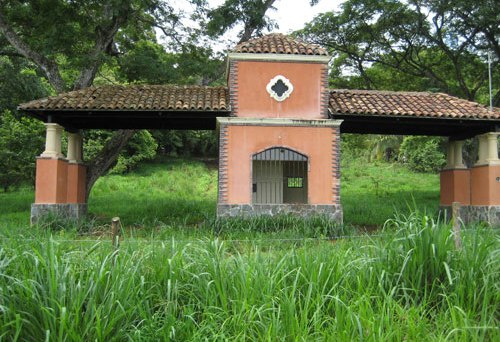SAN JOSE, Costa Rica — It’s a Wild West world in Costa Rican real estate. Nearly anyone with a “For Sale” sign can pass as a real estate agent. Realtors’ licenses and building permits are nice, but not essential. Sometimes there’s not even a house to be bought. Costa Rica, it seems, has a history rife with faulty realty — a history that has been exposed by an alleged property scam that might have swallowed millions of dollars from unsuspecting North American investors.
 For a country that markets itself as a destination for retirees and vacation-goers, that doesn’t bode well for future investments.
For a country that markets itself as a destination for retirees and vacation-goers, that doesn’t bode well for future investments.
When developments started to boom over the past 10 years, there were few legal requirements, said Allen Lungo, board secretary of the Costa Rica Global Association of Realtors.
“Everybody from taxi drivers to surfing instructors to waiters tried to sell property,” he said.
Many of the resulting deals were groundless. In one case, Lungo said, illegally built homes were shuttered and cordoned off with police tape, after the people had already bought furniture and moved in.
“[Buyers] got sold things that weren’t really for sale or that were part of national parks,” he said.
Realtors speak of customers who thought they’d paid into an escrow account when their money actually went straight into a developer’s unrestricted bank account, with nothing contractually preventing the developer from touching the funds.
Now more than 100 clients are suing the U.S.-based Paragon Properties in a Florida court, claiming Paragon’s developments constituted a fraudulent Ponzi scheme.
Paragon sold 2,600 parcels to nearly 1,000 investors but failed to build on them as promised, said Matthew Sarelson, a Miami attorney who is representing the plaintiffs against Paragon.
“No land has been approved, homes weren’t built and the money which Paragon is contractually obligated to refund is gone,” Sarelson said. The plaintiffs are suing for their money back. He estimates Paragon owes up to $50 million.
Attorney Jeffrey Tew, who is defending Paragon, said those claims do not “have any merit against our clients and we’ve moved to dismiss the complaint.”
According to several news reports, the company’s chairman, Bill Gale, has said financial problems and Costa Rican red tape were tangling up the project but that Paragon would see the developments through. Gale could not be reached for an interview.
Costa Rica’s chief of police investigations, Jorge Rojas, declined to comment. Public prosecutors said national statistics on the topic are difficult to come by.
Cody Gear — a former Florida police chief turned private investigator, with offices in Florida and Costa Rica — said fraud cases are abundant in this Central American country.

